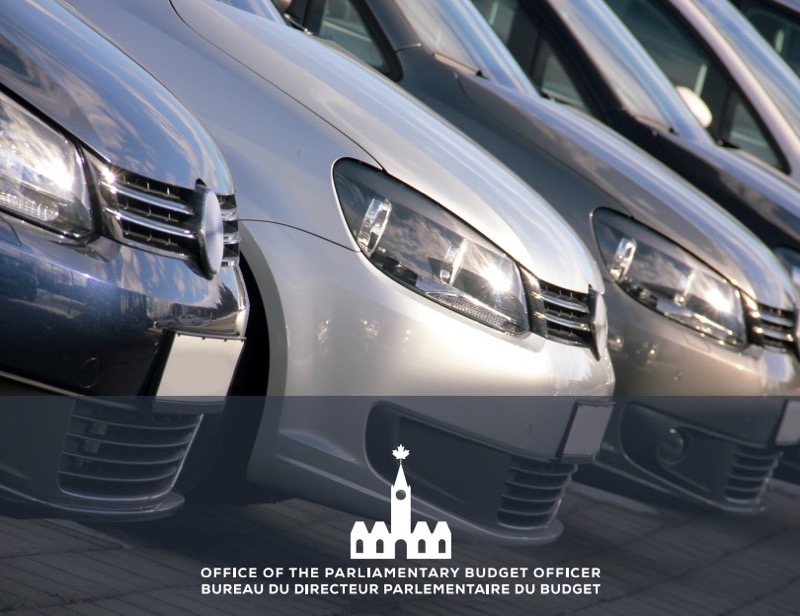
Volkswagen EV Factory to Now Cost Canadians Over $16 Billion

Canada’s Parliamentary Budget Officer (PBO) announced today that the special deal with Volkswagen, to set up an electric vehicle battery plant in southwestern Ontario, will set the federal government back by approximately $16.3 billion over the next decade.
This new estimate overshadows the government’s original figures by billions, which originally accounted for a $700 million primary capital investment, plus up to $13.2 billion in production subsidies.
In the newly revised budget provided by the PBO, the initial investment of $700 million for constructing the plant is included, as well as $12.8 billion destined for production support. However, it also integrates an additional estimate of $2.8 billion in tax adjustments to match the benefits established by the U.S. Inflation Reduction Act, which is how Canada said it lured Volkswagen here.
The report, made public on Wednesday, focuses solely on an economic and fiscal analysis of the construction phase of the plant, leaving out the operational phase. The parliamentary budget officer, Yves Giroux, clarified that his team is not in a position to evaluate the costs and benefits tied to the operational phase of the plant until they receive a green signal from the federal government and Volkswagen.
“Based on our analysis, the federal government’s financial commitment to Volkswagen will total around $16.3 billion over the period of the agreement,” said Giroux.
“The economic benefits of building the new facility are marginal. We estimate the plant will increase real GDP in Canada by 0.01 per cent above its baseline projection by 2027 and will add around 1,400 jobs by the same time,” added the PBO. That doesn’t seem like a lot, considering what is needed to bring the factory to Canada.
During a press briefing, Giroux pointed out the inclusion of undisclosed data related to the minimum production levels in the agreement. He noted that the confidential information is challenging to evaluate without a comprehensive analysis and a waiver of the confidentiality clauses that enclose the production timeline, reports Auto News Canada (via Tesla North).
The PBO report estimates that the deal will create a maximum of 3,100 jobs by the beginning of 2026, which is predicted to dwindle to 1,400 by the end of 2027.
In contrast, the federal government had previously announced in April that the deal would lead to the generation of up to 3,000 direct jobs and 30,000 indirect jobs. The proposed establishment will be Volkswagen’s first gigafactory outside Europe.
“When we talk about our made-in-Canada plan, we’re talking about creating good, middle-class jobs now and into the future, we’re talking about clean air for our kids and grandkids, and we’re talking about a strong economy that works for all Canadians,” touted Prime Minister Justin Trudeau, back in April.
“That’s what Volkswagen’s new electric vehicle battery plant in St. Thomas – the largest manufacturing plant in the country once built – is all about. It’s a win for workers, for the community, and for the economy,” said Trudeau at the time.

